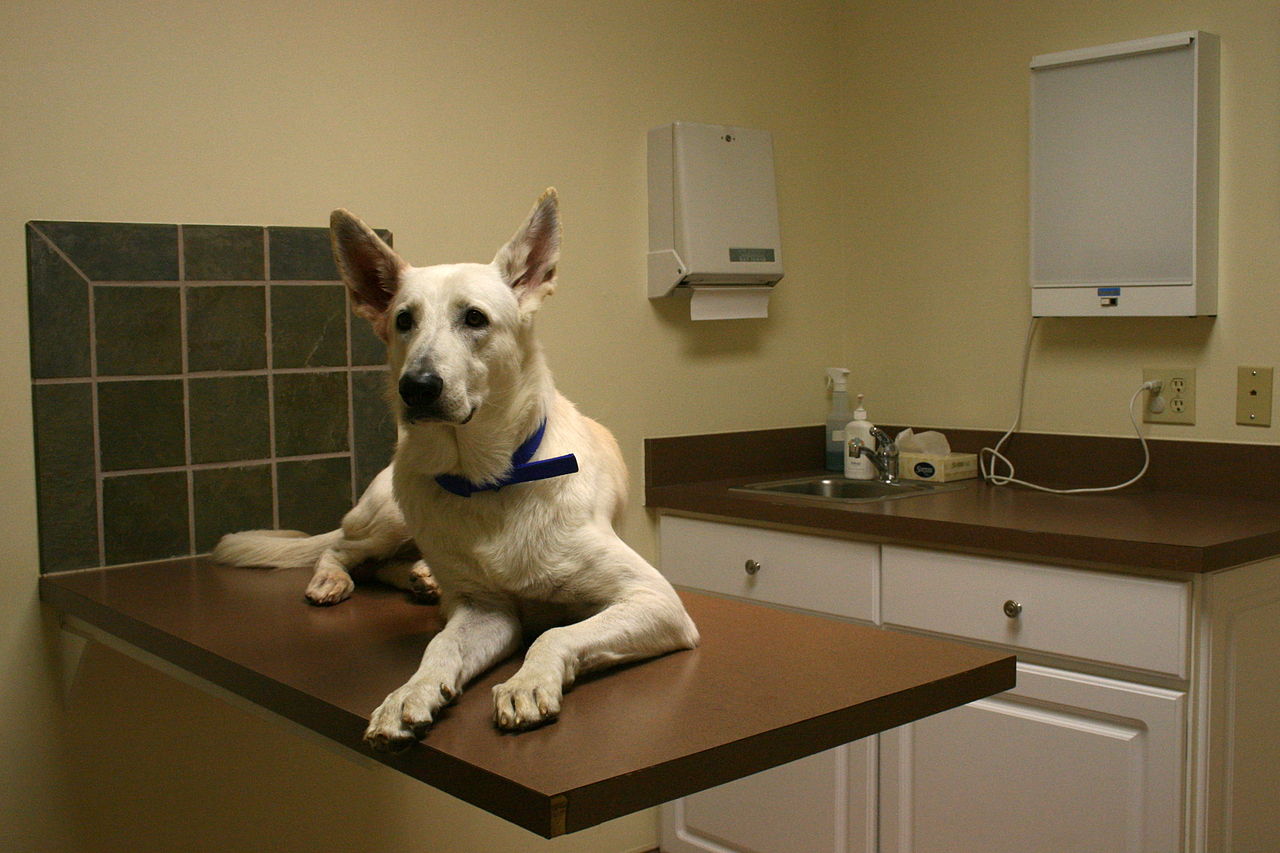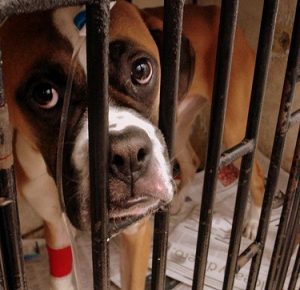Canada’s Ontario Veterinary College, University of Guelph with the aid of Pet Trust awards is researching cancer cell resistance to chemotherapy in canine osteosarcoma (OSA).
OSA is a very aggressive and painful form of bone cancer. Even with aggressive treatments, OSA can spread rapidly to the lungs and other organs. Prognosis is poor for most patients with survival at a year or less.
Researchers have found that a gene labeled PRKAR1a, found in canine bone tumors, is not produced in tumors of dogs (and humans) who are long-time survivors.
Malignant cancer cells are believed to be resistant to chemotherapy through autophagy, a process in which cells under stress, consume some of their own parts and recycle them in order to survive. PRKAR1a is associated with autophagy.
The present laboratory research will test the ability of drugs to inhibit autophagy so that chemotherapy’s capability to kill cancer cells is strengthened. This research will benefit both dogs and humans in the fight against cancer.



